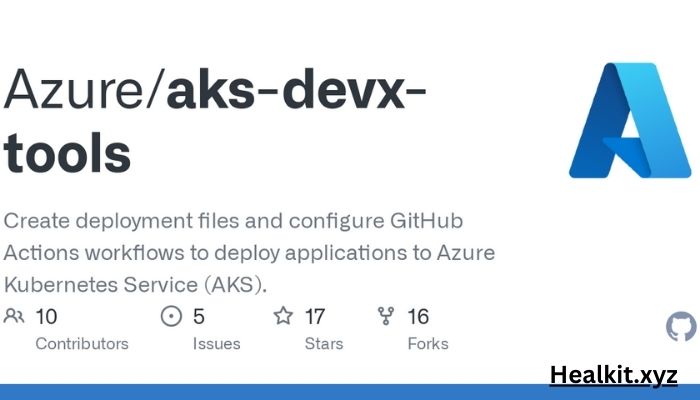The integration of DevOps practices has revolutionized application delivery in the software development landscape. DevOps emphasizes collaboration, automation, and continuous improvement. Azure Kubernetes Service (AKS) is a powerful tool that enhances DevOps workflows, driving efficiency and innovation in the software development lifecycle.
Optimizing Continuous Deployment and Integration (CI/CD) Processes
DevOps is a process where a company’s engineers install Continuous Integration and Continuous Deployment (CI/CD) pipelines at its core. AKS works with various programmable, affordable, and eco-friendly CI/CD tools, such as Azure DevOps or Jenkins, to automate builds and deployments. AKS supports rolling updates and canary deployments, allowing teams to hide new functionalities and unveil them one by one, reducing downtime risk and improving user experience. This results in faster delivery and improved reliability of deployments and applications. AKS also allows for quick and consistent version updates, reducing time-to-market for new functionalities and bug fixes.
Improving Cooperation and Interaction
AKS is a containerization platform that facilitates collaboration between development and operations through tight communication and interaction. It offers a standard environment and tooling for hosting distributed applications, supporting up to 60% fewer resources than Docker. AKS can be used with monitoring and logging tools like Azure Monitor and Prometheus for quick performance and security insights. Observability is crucial in CI/CD, allowing project teams to quickly catch and resolve issues, leading to a continuous improvement culture. AKS also provides role-based access controls (RBAC), allowing team members to participate in activities while maintaining security and compliance.
Simplicity and Scaling
Azure Kubernetes Service (AKS) is a powerful platform for scalability in applications. It allows teams to balance performance and cost-effectiveness based on demand, ensuring high performance at lower costs. AKS supports horizontal and vertical scaling, adding more service instances and increasing resource allocation. It supports various programming languages and frameworks, such as.NET, Java, and Python, and provides infrastructure for easy deployment and application management. This flexibility has increased demand for AKS, making it the top choice for organizations developing applications on multiple technology platforms. The platform’s flexibility and adaptability make it a valuable choice for organizations.
Safety and Loyalty
AKS enhances security through a joint effort between the DevOps and Security teams. Azure Kubernetes Service uses Azure AD to enhance customers’ security and compliance stack. Azure AD eliminates password management and supports multi-factor authentication for enhanced transactions. Network policies and private clusters further consolidate security by reducing traffic flow and access to published data.
Azure Key Vault manages secrets on the AKS platform, ensuring secure storage of sensitive information like passwords and API keys. AKS’s built-in auditing and logging features prevent consecutive breach incidents and align organizations with recent standards and regulations. This allows users to access a secure and compliant DevOps environment, minimize data breaches, and ensure compliance with current regulations.
Conclusion
Azure Kubernetes Service (AKS) is a management tool that streamlines enterprise applications and CI/CD processes, promoting collaboration, scaling, security, and cost optimization. It enables quick application delivery, operational efficiency improvement, and compliance. AKS is a platform for DevOps success, demonstrating the potential benefits of courage and changes in development practice in the IT world.
